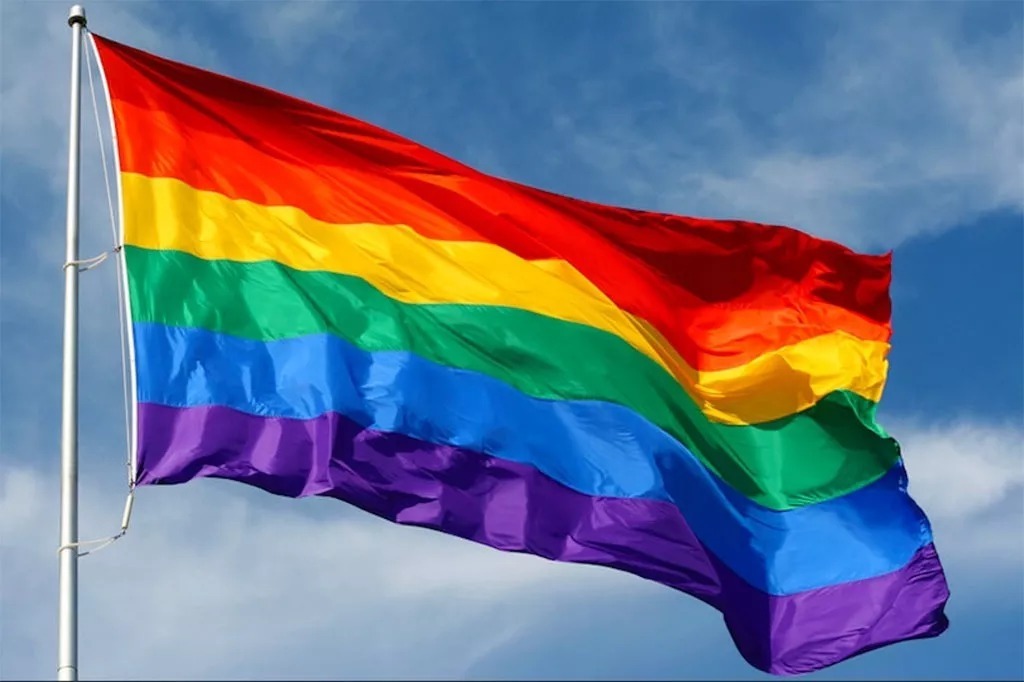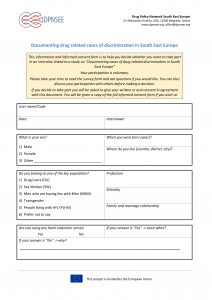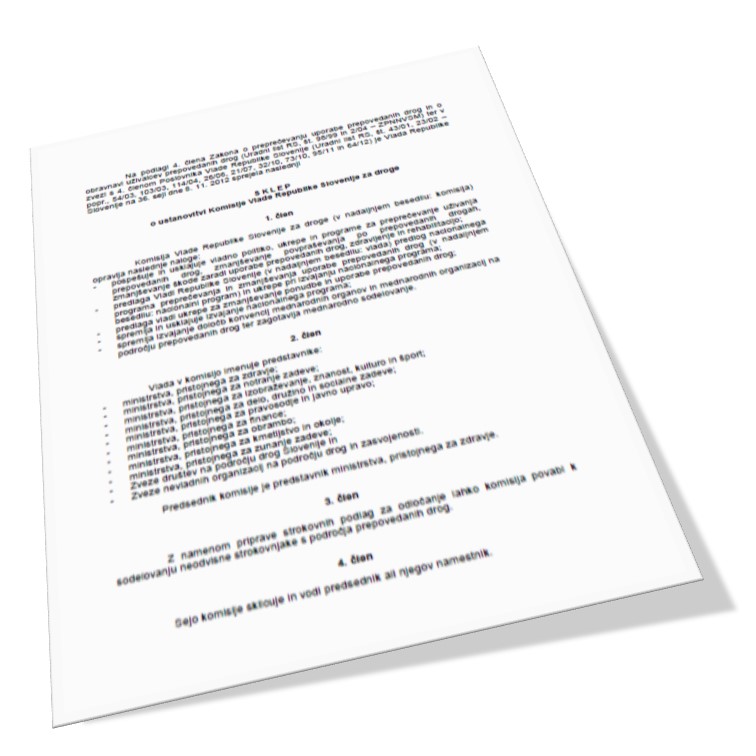From the UNAIDS brochure
Today, on Zero Discrimination Day, 1 March, we celebrate the right of everyone to live a full and productive life – and live it with dignity. Zero Discrimination Day highlights how people can become informed about and promote tolerance, compassion, peace and, above all, a movement for change. Zero Discrimination Day is helping to create a global movement of solidarity to end all forms of discrimination.
In many countries, laws result in people being treated differently, excluded from essential services or being subject to undue restrictions on how they live their lives, simply because of who they are, what they do or who they love. Such laws are discriminatory – they deny human rights and fundamental freedoms.
People may experience more than one form of discrimination. A person may experience discrimination because of his or her health status and because of his or her race, gender identity or sexual orientation, compounding the effects on the individual and the wider community.
Laws – such as laws on sex work, same-sex sexual relations, the use or possession of drugs for personal use and the non-disclosure, exposure or transmission of HIV – may discriminate by criminalizing conduct or identity.
Other laws may prevent people from accessing benefits or services. Girls may not be allowed to go to school if they are pregnant or women may not be able to access financial services without their husband’s permission. Laws may also impose parental consent for adolescents to access health services or restrict the entry, stay and residence of people living with HIV.
In 2020, 35 countries retained the death penalty for drug offences. In at least 67 countries, drug use or consumption and/or possession of drugs for personal use is a criminal offence.
States have a moral and legal obligation – under the Universal Declaration of Human Rights, human rights treaties, the 2030 Agenda for Sustainable Development and other international obligations – to remove disscriminatory laws and to enact laws that protect people from discrimination.
Some of the rights that people can use to contest discriminatory laws include the following:
- The right to equal treatment before the law.
- The right to an education.
- The right to economic opportunities.
- The right to privacy.
- The right to dignity.
- The right to health.
- The right to association.
- The right to a fair trial.
Everyone has a responsibility to hold states accountable, call for change and contribute to efforts to remove discriminatory laws. The first steps to making a change are to know the law, recognize that laws can discriminate and highlight discriminatory laws to others.

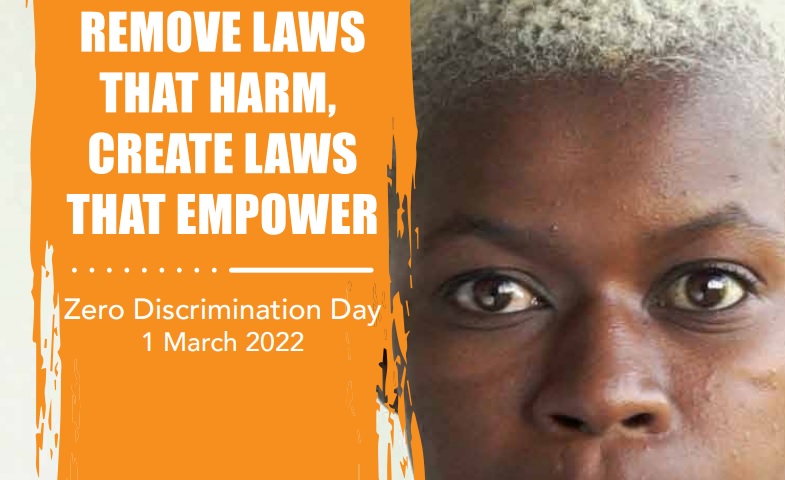

 Aim of the
Aim of the 
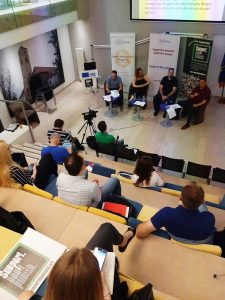 For the launch of the Global Day of Action, DPNSEE organised a “Kick-off event” to start the campaign in South East Europe. The event was held in the EU Info Centre in Belgrade, Kralja Milana 7, on 19 June 2019.
For the launch of the Global Day of Action, DPNSEE organised a “Kick-off event” to start the campaign in South East Europe. The event was held in the EU Info Centre in Belgrade, Kralja Milana 7, on 19 June 2019.

